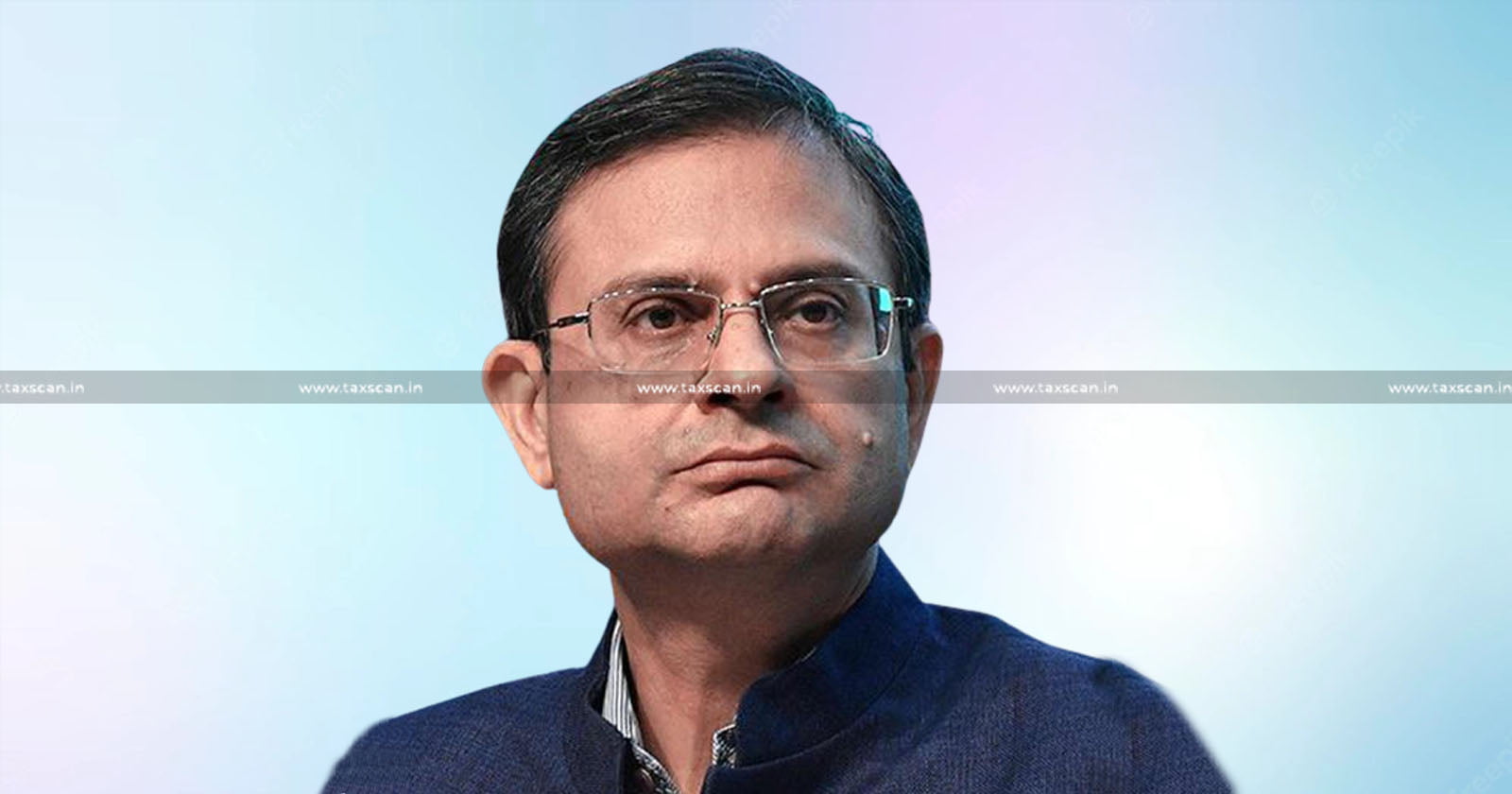No Plans to revise Tax on LTCG, reveals Revenue Secretary Sanjay Malhotra
No Long Term Capital Gains Tax Revision in Sight, as per Revenue Secretary

LTCG – Revise Tax – Revenue Secretary – Revenue Secretary Sanjay Malhotra – Sanjay Malhotra – TAXSCAN
LTCG – Revise Tax – Revenue Secretary – Revenue Secretary Sanjay Malhotra – Sanjay Malhotra – TAXSCAN
The Revenue Secretary Sanjay Malhotra, on February 4, 2024, stated that there are presently no intentions by the government to simplify the Long Term Capital Gains ( LTCG ) Tax.
During an interview, Malhotra highlighted that accounting for inflation indexation lessens the perceived gap between the current 10% and the suggested 12% LTCG tax rates.
Capital Gains tax is a tax imposed on the profit generated from the sale of an appreciating asset. This tax is applicable to a diverse range of assets, including stocks, shares, property, ULIP funds, mutual funds, and cryptocurrencies. The income derived from selling these assets, termed as 'Capital Gain,' is considered taxable.
The calculation of capital gain is based on the difference between the Purchase Price (or "Cost Basis") and the Selling Price of the asset. The tax incurred on this income is referred to as Capital Gains Tax.
The rate of Capital Gains tax ( CGT ) fluctuates based on factors such as the type of asset and the duration it was held. Both individuals and businesses are liable to pay Capital Gains Tax when they profit from selling their assets.
What Constitutes Capital Assets?
Capital assets encompass valuable possessions held for long-term use or investment, excluding assets intended for resale. Examples include land, house property, buildings, trademarks, vehicles, leasehold rights, machinery, patents, jewelry, and various legal rights.
Exclusions: Certain assets are not considered capital assets, including agricultural land in India ( from A.Y. 2014-15 ), stock-in-trade, consumable stores, personal items like clothes and furniture, and raw materials held for professional or business use.
Types of Capital Assets
Capital assets are classified into short-term and long-term categories. Short-term assets are held for a specified period, while long-term assets are held for more extended periods.
Short-term Capital Asset:
- For assets like shares and equity-oriented mutual funds, the holding period is 36 months.
- Immovable properties, such as land and buildings, have a revised criterion of 24 months from F.Y. 2017-18.
Long-term Capital Asset:
- The holding period for assets like shares and equity-oriented mutual funds is more than 36 months.
- Immovable properties require a holding period of 24 months or more from F.Y. 2017-18.
Types of Capital Gains tax
India has two types of Capital Gains tax:
1. Short-Term Capital Gains tax ( STCG ):
- Levied on the profit earned from selling a capital asset held for less than one year.
- The tax rate is 15% when Security Transaction Tax ( STT ) applies; otherwise, it aligns with your income tax slab rate.
2. Long-Term Capital Gains tax ( LTCG ):
- Applicable to profits from selling a capital asset held for one year or more.
- The LTCG tax rate is generally 20%, with exceptions such as a 10% tax on LTCG from equity shares and equity-oriented mutual funds held for over a year, exceeding Rs. 1 lakh.
Support our journalism by subscribing to Taxscan premium. Follow us on Telegram for quick updates


